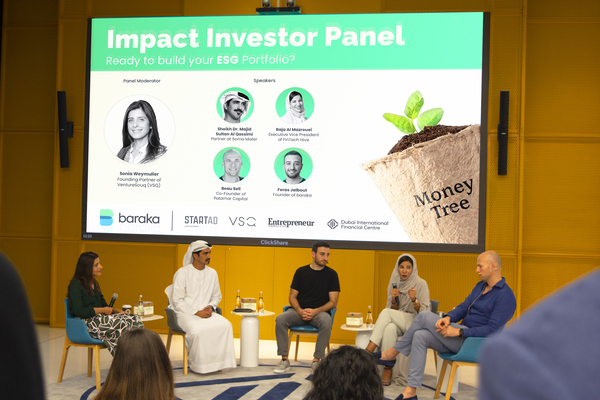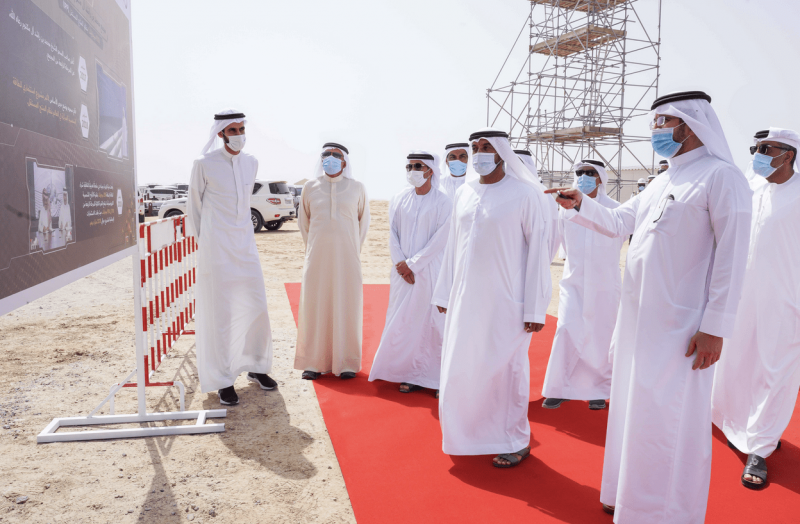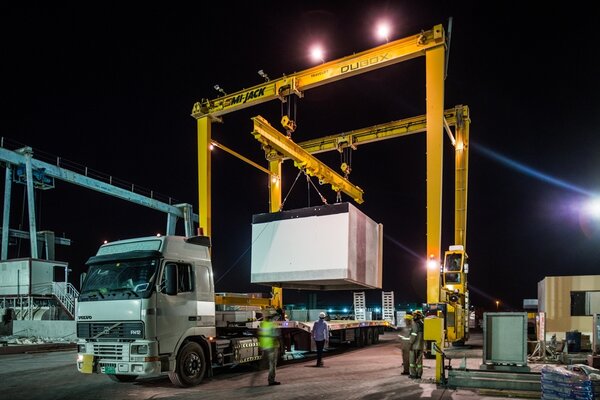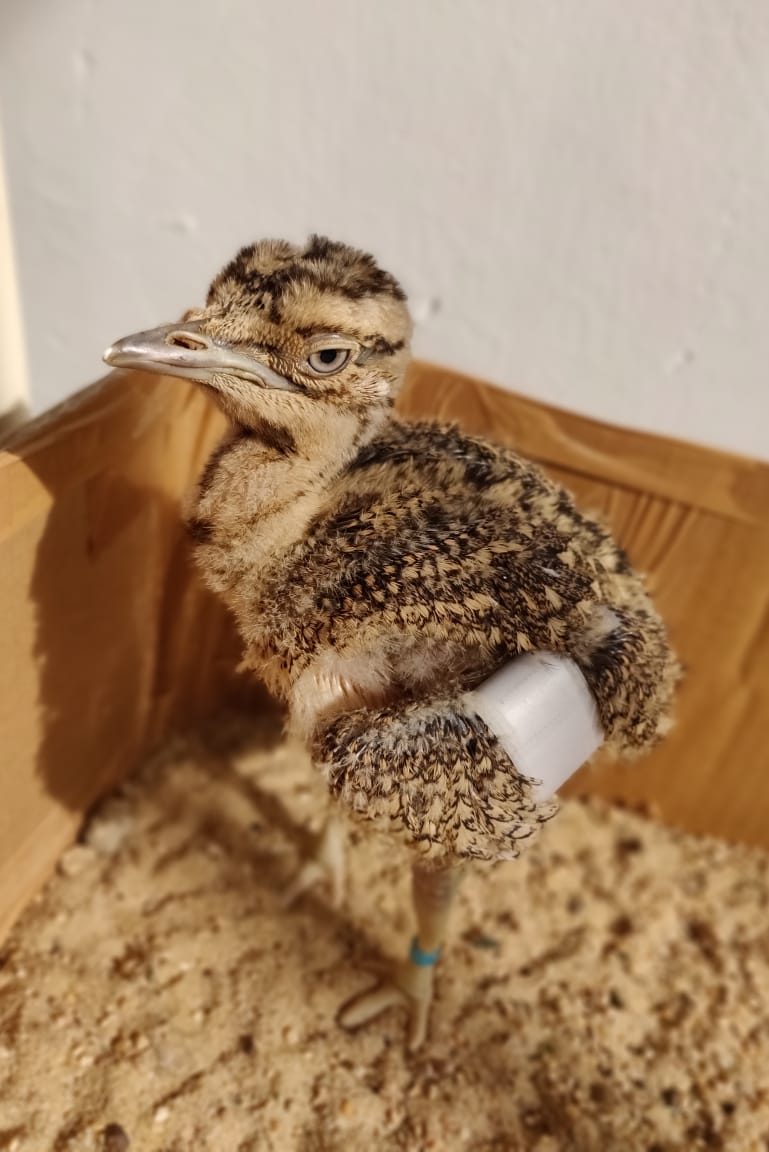Going for a Green Ramadan
Waste Management
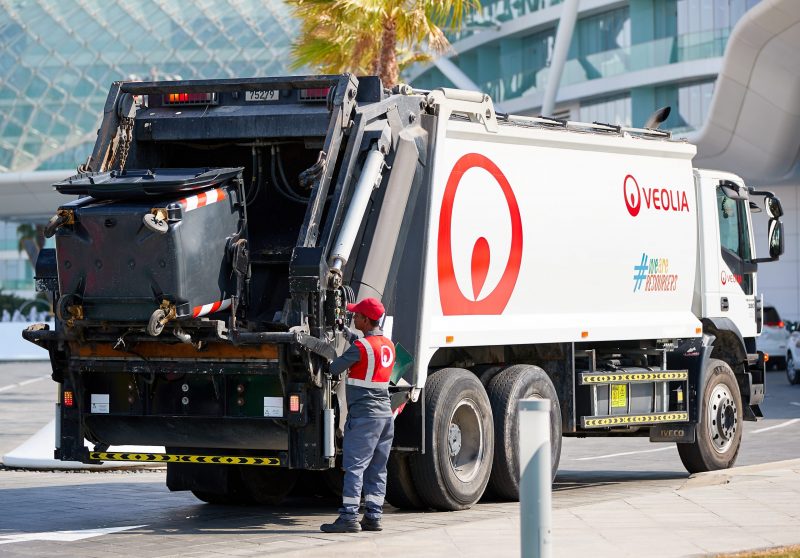
May 20, 2020, 7:13 am
By Veolia. Access the article in The Sustainabilist’s Together We Thrive issue here.
During the holy month of Ramadan, the topic of food becomes really important in the celebration of iftars. Food, and more particularly food waste, is also a cornerstone topic in the field of sustainability, when highlighting the fact that food production and consumption has an unassailable impact on our environment.
FOOD WASTE IS REAL
Currently, the UAE ranks among the top nations for per capita waste generation in the world. An average person in Europe generates around 1.2 kg of waste a day, which is less than half of the UAE’s 2.7 kg waste generated per capita per day. the amount of waste we generate to be hospitable to our guests. When you think about food waste, you also have to think about all the natural resources which go into producing it: freshwater using, energy consumption of farming, pollution of transportation, deforestation, gas emission, and the list goes on. The approach by which communities produce and consume food is one of major threats to the planet and remains at the top of the many causes of climate change. If we all play our parts, we can significantly reduce our impact.
AWARENESS AND CREATIVITY CAN HELP
Ramadan is a time of reflection, spiritual re-focus, and self-improvement. It’s a time to ponder on the way you live and to identify certain habits you want to leave behind and new habits you want to start. As such, experiencing green habits could be the first step you take towards a greener and environmentally-friendly way of life.
Each year, at Veolia, we take note of great and pioneering initiatives that are taken across the planet and strive for a Green Ramadan by launching campaigns the likes of zero waste and green Iftars. It’s vital that this type of initiative is spread!
By enhancing its commitment towards improving sustainable development in UAE and widely across the Middle East, Veolia puts in all its efforts to play an active role by raising awareness among current and future generations about environmental challenges. As the global leader in optimised resource management, Veolia is the only company in the Middle East that works across the entire spectrum of environmental services. In order to help to protect resources, raising awareness is undeniably vital.
Communities have a role to play in this urgent need to start combating food waste. It is especially convenient to address this challenge during Ramadan since we tend to be more conscious of our eating habits and behaviours.
By taking simple steps towards decreasing food wastage, providing feasible solutions encouraging the community to change their daily food consumption trends by shopping, cooking and eating smarter, we can succeed in making a difference.
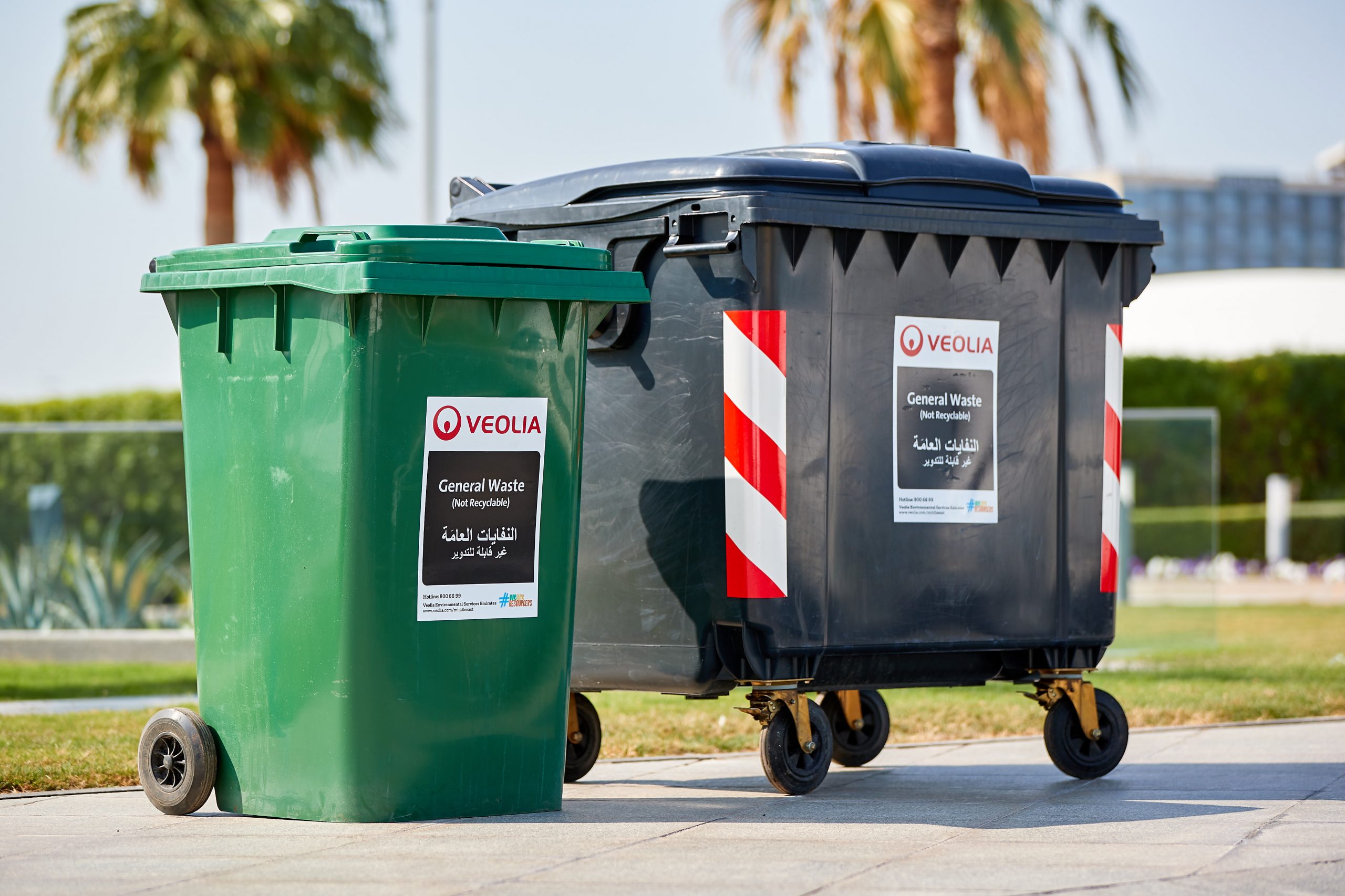
Veolia bins in Yas Marina
WATCH THE QUANTITY OF FOOD
Obvious and easy way to realise is keeping an eye out for the quantity of food that is bought or cooked. This is the first step to reduce food waste – you can’t manage what you don’t manage. First, make a list of exactly what you need, sticking to the list will help you save money and food.
Second, adapting the recipe to the exact number of guests, storing fresh food and leftovers properly can help to avoid wastage. Leftovers are made to be eaten! Don’t waste your leftovers, eat them, share them.
LIMIT PLASTIC AND ENSURE RECYCLING
The production and consumption of food generates a lot of more besides food-waste, such as packaging. In Abu Dhabi and Dubai, more than 900,000 metric tonnes of plastic resin are used annually – 45% in consumer packaging and 5% in consumer goods. This is a colossal issue because most plastics don’t just ‘go away’, they end up in our seas and oceans, taking hundreds of years to degrade.
From the community’s side, the awareness about limiting single-use plastic is critical. People need to be educated in order to limit the use of plastic. During Ramadan, the initiative of a Plastic-Free Iftar is a very good one that can be extended to a daily way of life: replace your plastic single use dishes with glass ones, choose recyclable and compostable material, like bamboo, remove plastic straws and go for metal… Be creative!
From the company’s side, initiatives can be taken in order to help citizens limit throwing waste and encourage them to segregate it in order to ease the recycling process. For example, Veolia has signed a partnership with Agthia Group whereby we will develop several initiatives about plastic recycling, such as launching a PET water bottles collection programme in the UAE, which includes the use of digital solutions, and various awareness programmes, along with incentive schemes and rewards. In addition, we will launch several sustainability initiatives, which will establish a circular ecosystem to pave the way towards more PET recycling in the region. We aim to make recycling easier and accessible by proposing different collection schemes.







